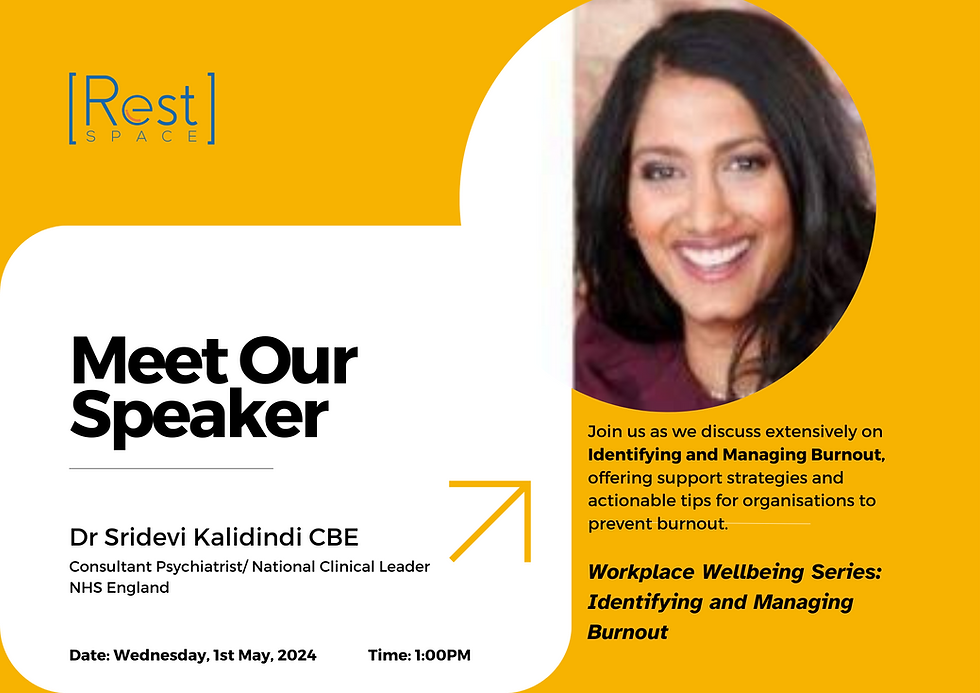It’s the Most Wonderful Time of the Year: Here Are Some Ways to Keep it That Way
- Isabella Venziale
- Nov 10, 2022
- 4 min read

The Holiday Season
It’s the Holiday Season, so we all know what that means. Several long weeks of sweet treats, presents, and parties. This time of the year is full of good cheer and unforgettable memories. But, approaching this season often increases stress and anxiety levels. And in the blink of an eye, the post-holiday blues will set in as the festivities finally conclude.
Post-Holiday Blues
The post-holiday blues leave people in short-term distress. Some characteristics of the post-holiday blues mimic symptoms of anxiety or mood disorders. This downturn appears after an active holiday season and manifests in many ways. Some examples of this are difficulty concentrating, irritability, low energy, and insomnia.
In a study conducted by the National Alliance on Mental Illness (NAMI), “64% of people report being affected by holiday depression [...] triggered by financial, emotional, and physical stress of the season”. Struggling to maintain a balance throughout the holiday season is a common problem that often gets ignored. Although the holidays are great, the aftermath and the inevitable return to the office impact people’s health.
The Importance of Sleep
The best way to combat this low morale is to catch up on rest. The holidays leave everyone physically and emotionally drained, so it is crucial to get uninterrupted sleep and as much rest as possible in the following weeks. Sleep impacts the body’s systems. Lack of sleep, as well as lacking quality sleep, puts individuals at risk for respiratory and cardiovascular problems. Additionally, sleep deprivation causes problems with one’s metabolism and ability to focus on and complete tasks.
In our society, while combating busy schedules and long work hours, it is not unordinary to prioritise several tasks before sleep. And the added activities of the holiday season only further aid this neglect. But this should never be the case. In a case study by the American Psychological Association, research revealed that “when they do not get enough sleep, 21 percent of adults report feeling more stressed. Adults with higher reported stress levels (eight, nine, or 10 on a 10-point scale) fare even worse — 45 percent feel even more stressed if they do not get enough sleep. Five percent of adults with lower reported stress levels (one, two or three on the 10-point scale) say the same”. The absence of proper sleep results in people feeling more irritable, sluggish, and unable to concentrate. This cycle can become dangerous if not addressed. Improving one’s sleep cycle will increase mood, drive, health, and brain performance.
And the first way to combat this issue is to establish a nighttime routine that allows you to get better sleep. Here are four steps to getting better sleep:
#1. Get Into A Daily Routine
#2. Prepare Your Body for Sleep
#3. Create a Restful Environment
#4. Manage Your Worries
Understandably, these tips may seem implausible as they take more time, but establishing these systems is crucial in combating sleep deprivation. The National Library of Medicine reviewed an empirical study on The Role of Sleep Hygiene in Promoting Public Health. Sleep hygiene represents “a set of behavioural and environmental recommendations intended to promote healthy sleep”. The empirical study highlights caffeine, nicotine, and alcohol as substances one should avoid before sleeping. Additionally, the introduction of exercise, sleep time regularity, and minimal noise is associated with better sleep.
Napping as An Alternative
For many, implementing a nighttime schedule or incorporating these activities into a daily routine may require an entire shift in lifestyle, which is very time-consuming. If getting enough quality sleep seems like a challenge or more of a long-term possibility, the introduction of napping into one’s routine acts as another positive approach to combating stress and anxieties after the holidays. Studies completed at the Salk Institute reveal that napping improves brain function and boosts the ability to process and store information”. The study suggests that those who power napped successfully maintained high brain activity and memory compared to those who did not nap. A study completed at the Harvard School of Public Health also deduced that “people who nap were 34% less likely to die from heart problems”. Naps reduce stress and can boost the immune system by reducing cortisol levels in the blood.
How Can Rest Space Help
In the workplace, a negative stigma surrounds napping, making searching for an appropriate place to rest and recharge a challenge or impossible. During the holidays, people's minds wander more than usual as many other tasks outside of the workplace must be completed. This is where Rest Space comes in! Rest Space offers designated spaces for employees to nap. These sleep pods promote healthy living and benefit and increase productivity inside and outside the workplace.
Instead of entering into the holiday slump, nap pods allow users to catch up on much-needed rest and continue working throughout the day without feeling progressively less motivated and exhausted as the day goes on. Leading up to the holidays, these workplace nap pods can ensure people remain focused throughout the day on given tasks and still feel rested and able to complete their massive to-do lists in preparation for the holiday season. Once the holidays conclude, Rest Space nap pods establish a rest space for people to resort to when jumping back into work. Shifting from being on holiday and back in the office can feel overwhelming or tiresome, but establishing these rest space pods fosters a healthier and more stable work environment.
If you want more information or to learn more about our products, contact us at RestSpaceLDN or visit our website at restspaceldn.com.




Comments